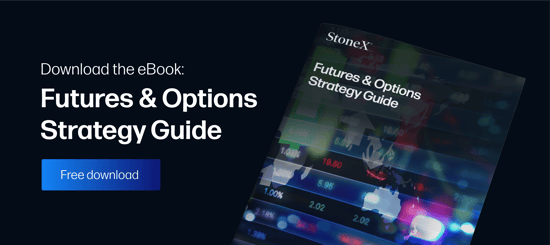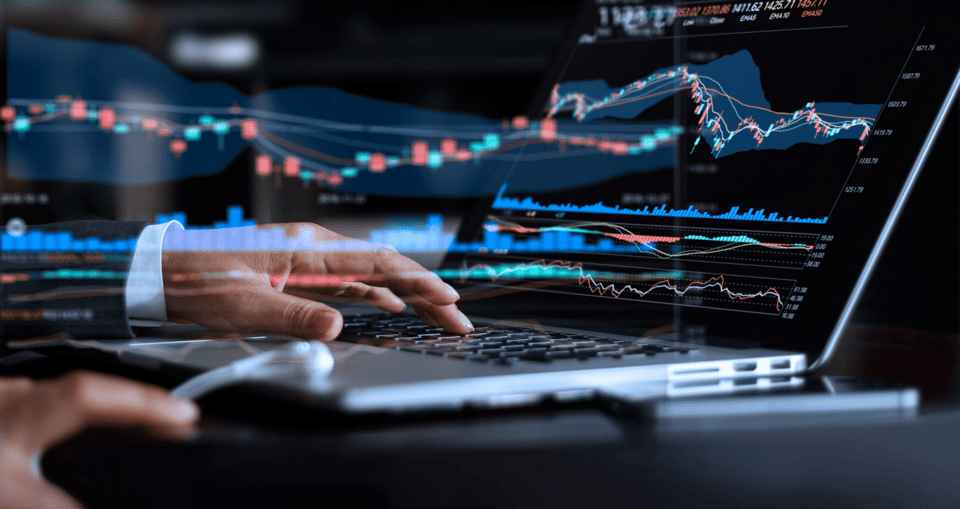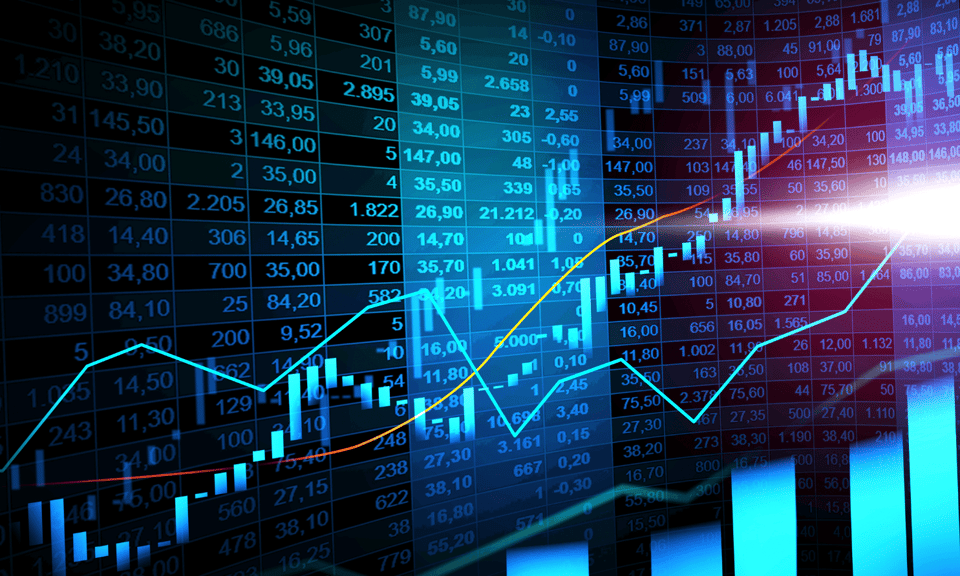The rise of the digital market has placed a greater focus on technology for self-directed traders. For this group, the days of fill slips, runners, and panicked phone calls are gone forever, and in their place is the futures trading platform. However, for the broker-assisted trader, personal service remains the backbone of conducting day-to-day business. Let’s take a look at each type of trading and which is best suited for your needs.
Self-directed vs. broker-assisted: Which is right for you?
In the modern futures markets, there are two basic types of retail traders and investors: self-directed and broker-assisted. Each may be defined as follows:
Self-directed
A self-directed trader is one who goes it alone in the markets. To succeed in this capacity, the trader must be driven, dedicated, and committed to taking a hands-on approach to the marketplace. On a daily basis, self-directed traders are tasked with market analysis, strategy development, order placement, and open position management. To accomplish these feats, the self-directed trader is required to understand how to use a futures trading platform.
Broker-assisted
A broker-assisted trader is someone that relies on the services of a market professional to facilitate trade. Accordingly, the trader collaborates with a broker to craft trading decisions, place orders, and manage trades. Broker-assisted traders need not be 100 percent technologically proficient because they take more of a hands-off approach to the marketplace.
When choosing a broker, it’s important to evaluate the services provided to each type of trader. Not all brokers are the same. Some prefer the business of self-directed clients, while others cater to the broker-assisted crowd. At StoneX, robust service suites are available to hands-on and hands-off traders alike.
Should I work with a broker?
In futures trading, the learning curve can be steep. And, unfortunately, building a knowledge base often involves losing money while you learn the ropes. That’s why most market professionals recommend that market newbies begin their trading careers working with a broker.
Rock-solid brokers have the experience to teach you about essential trade mechanics such as margin, product specifications, and leverage. They can also help guide you through rough patches in the market and during periods of uncertainty. From futures trading platform basics such as order types and charting to advanced financial concepts such as implied volatility, our team of brokers provides a wide range of information and services.
Aside from novice-level traders, countless market veterans also take a broker-assisted approach to futures. At StoneX, services such as trade automation, algorithmic strategies, and managed futures investment give hands-off traders the freedom they desire. If you are new to the markets or simply don’t have the time to trade on your own, then working with a StoneX broker may be your best avenue into futures.
Do I need a futures trading platform?
The futures trading platform is the trader’s window to the marketplace. For self-directed traders, it’s a vital part of market analysis, order placement, and trade execution. For broker-assisted traders, it’s a great way to observe the action. No matter which you decide to be, a platform is an indispensable tool.



